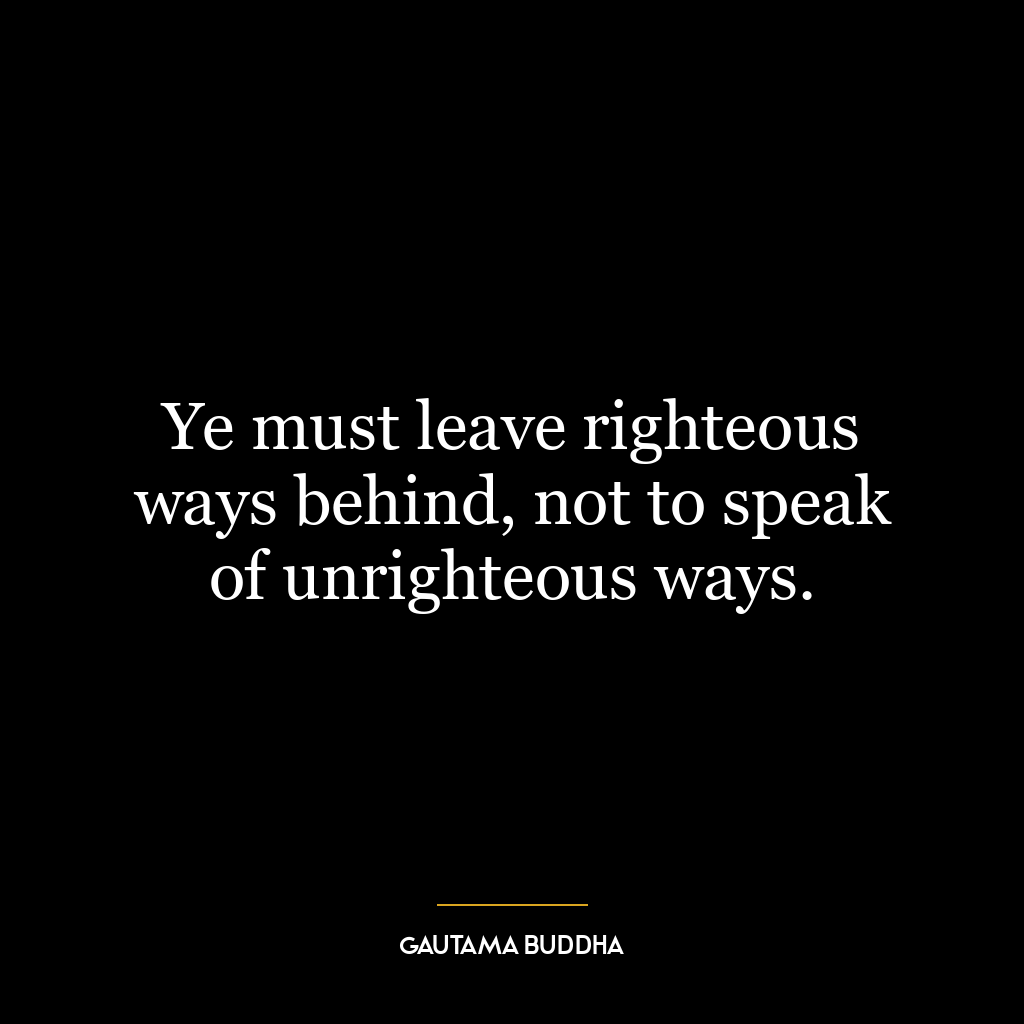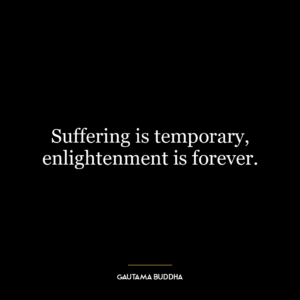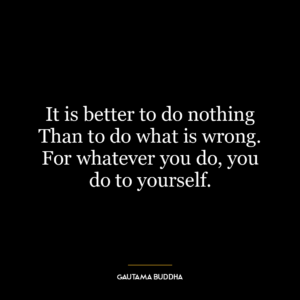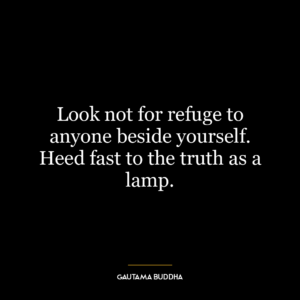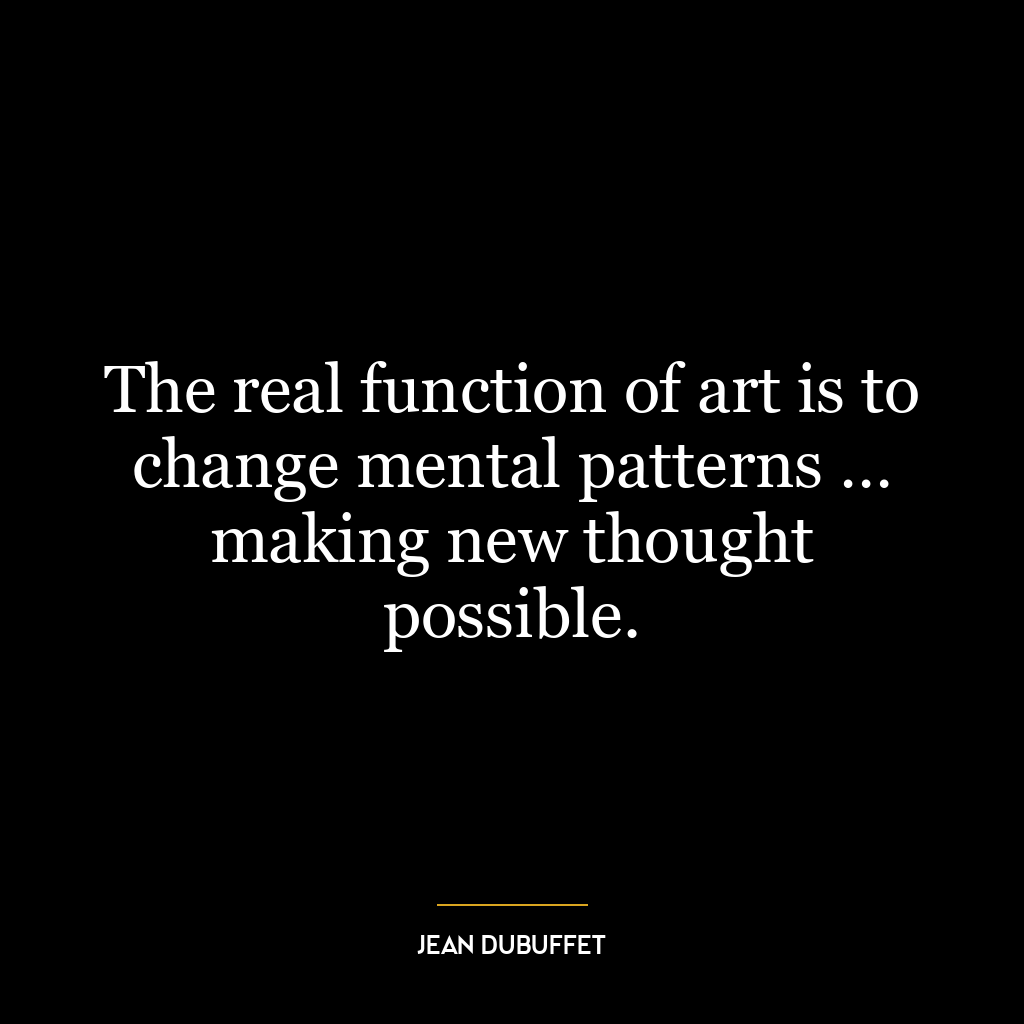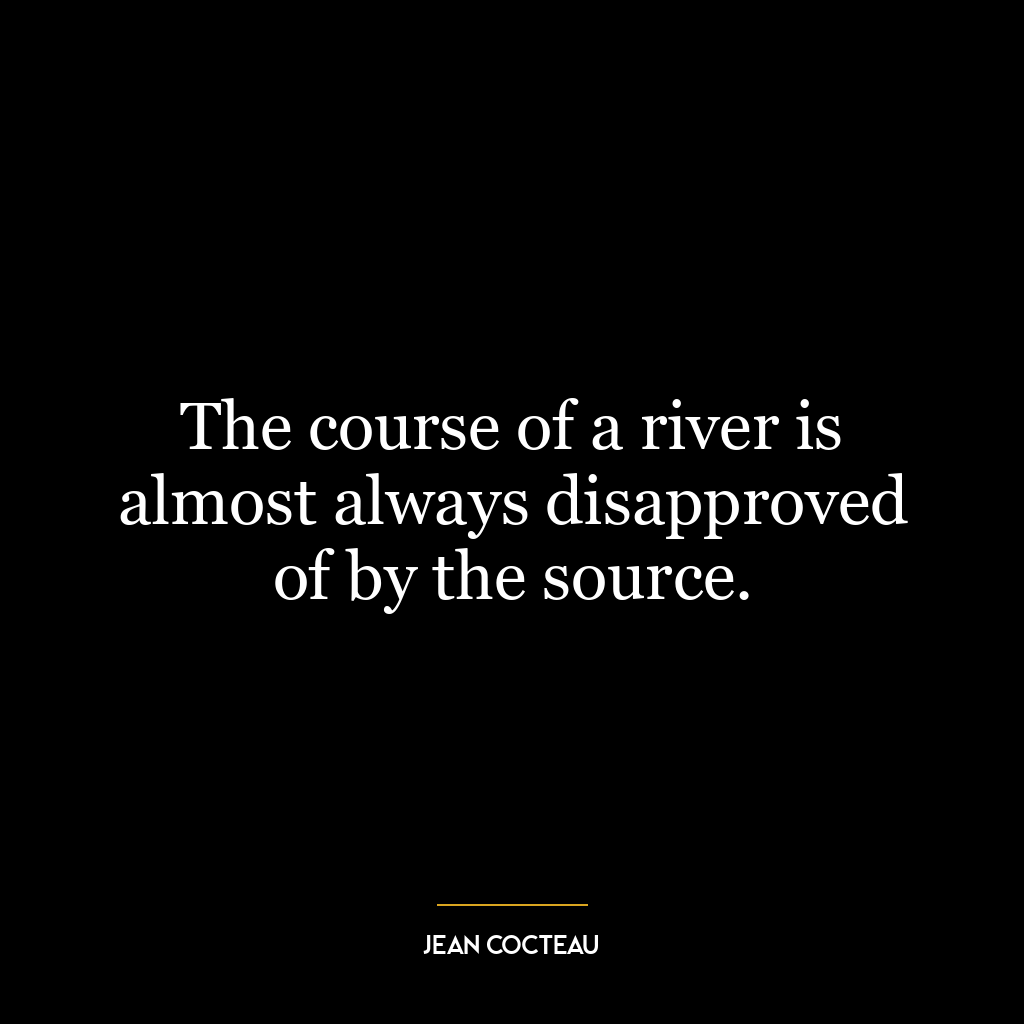Ye must leave righteous ways behind, not to speak of unrighteous ways.
This quote by Gautama Buddha essentially means that in order to attain enlightenment or true understanding, one must let go of all preconceived notions of right and wrong. This is not to say that one should engage in unrighteous acts, but rather that the labels of ‘righteous’ and ‘unrighteous’ are human constructs which can limit our understanding and growth.
The idea can be likened to the concept of duality – where everything is divided into opposites: good/bad, right/wrong, righteous/unrighteous. According to Buddha’s teachings, this duality is an illusion that hinders us from seeing the true nature of reality.
By leaving behind both righteous and unrighteous ways, we are encouraged to transcend beyond these binary concepts. It’s about moving towards a state where actions aren’t driven by rules or societal norms but by deep understanding and compassion for all beings.
In today’s world, this teaching could be applied in many ways. For instance, in personal development it suggests letting go of rigid self-judgments or classifications (I’m good at this/I’m bad at this). Instead it encourages embracing a growth mindset – learning from experiences without judging them as successes or failures.
Similarly on a societal level, it calls for empathy towards different perspectives instead of labeling them as simply right or wrong. It promotes dialog over division – understanding over judgment.
Hence the quote “Ye must leave righteous ways behind” is not advocating for lawlessness but rather urging us to move beyond restrictive labels and understand life in its wholeness.

